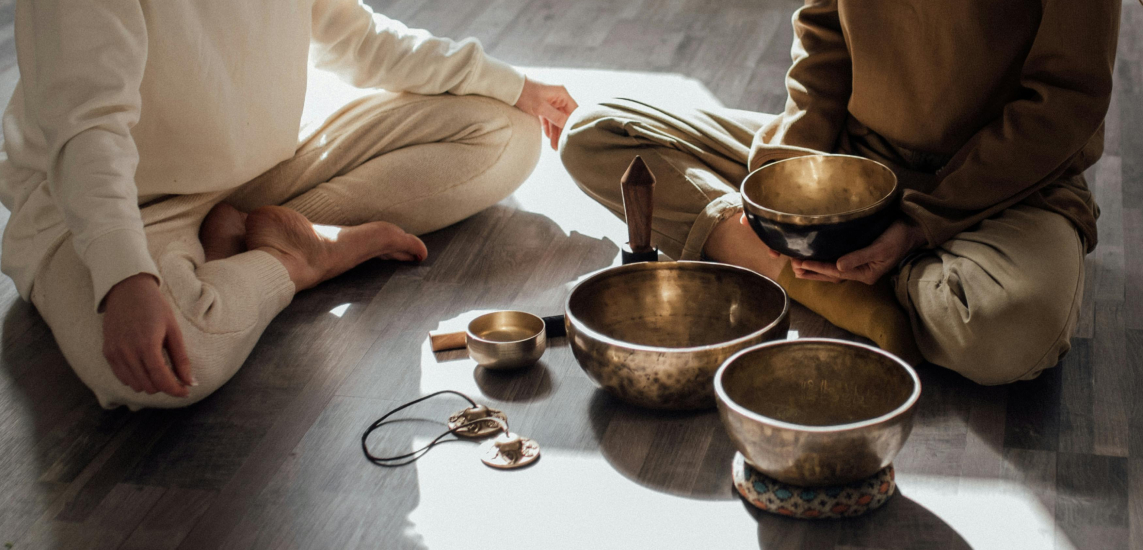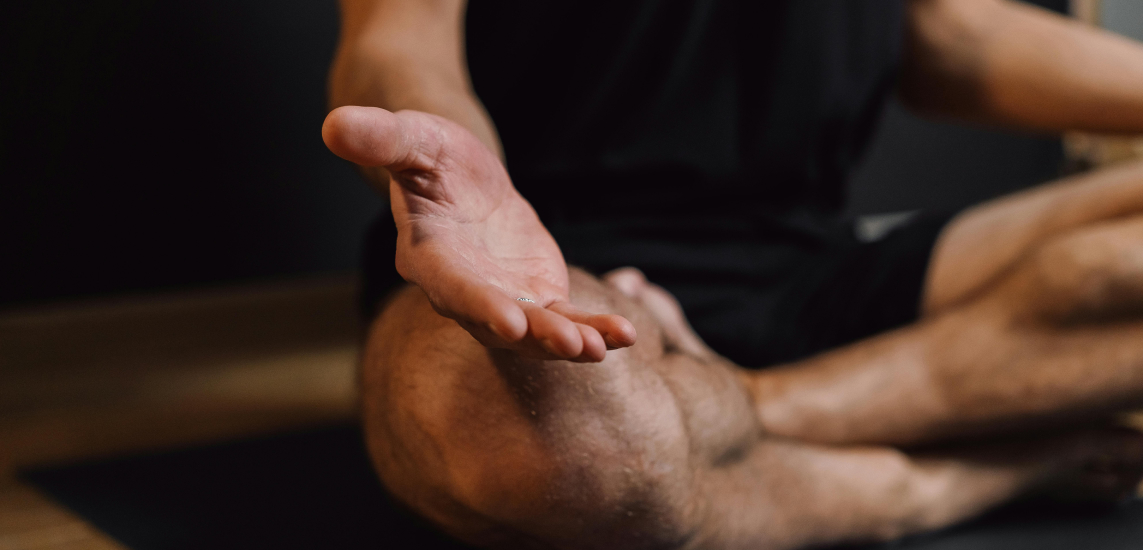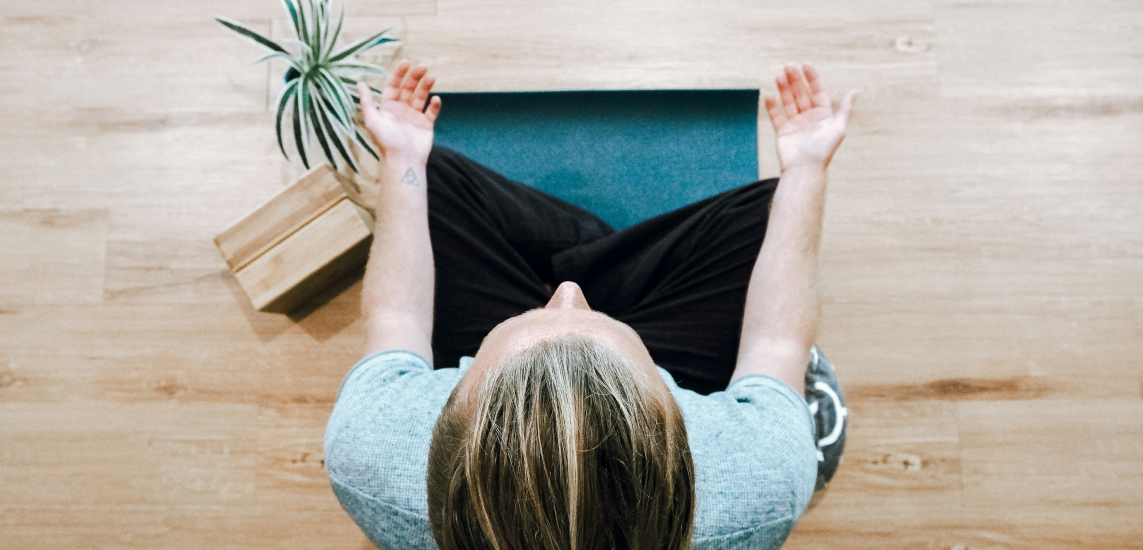Many countries, having initially stemmed the spread of COVID-19, now face a second wave after relaxing restrictions, and are wondering what life really looks like going forward.
Though the prospect would have seemed unthinkable less than a year ago, many people are now having to consider seriously restructuring their way of life around significantly more time spent at home. What seemed at first like acute crisis measures are rapidly becoming the new normal.
As we learn to turn inwards for strength, there are more opportunities to develop emotional self-regulation than ever before. If your mental wellbeing is flagging right now, here are a few ways to make it a priority.
Taking Care Of Your Mental Health When Staying At Home During COVID-19
Start Meditating
Yes, you’ve heard it all before, but meditation really is the gold standard for cultivating the calm, focused awareness that comes from within, no matter what’s going on in the world around you. As a matter of urgency, many people are now increasing their meditation practices or else starting from scratch. They’re learning what old proponents of mindfulness have understood for millennia: that no matter what happens, we are always able to take a breath, go still within ourselves, and reconnect with our conscious awareness.
By taking a step outside anxious rumination, we give ourselves the conscious choice to engage… or to let it all pass without attachment. We can watch our thoughts and understand them as thoughts. With a daily meditation practice, we learn to moderate our own stress responses and tune into our bodies, gaining a sense of serenity and focus that comes with mastery over our inner experience.
You are completely new to meditation? Click on the banner below and start your practice with our free meditation course for beginners. Over the next 7 days, you will explore the breath, the mind, the body and your emotional states. The meditations in this course will help you learn to calmly focus and concentrate your mind and bring your full awareness to something specific such as being more compassionate, more kind, or help in overcoming life’s difficulties.
What could be a better remedy for coronavirus anxiety? The wonderful thing about meditation is that you can start right now, wherever you are. There are plenty of books, classes and of course meditation apps now available to guide your practice, but none of these are strictly necessary – all that’s needed is for you to stop, and become aware (without judgment) of what’s in your heart, body and mind. Then, do it again. Keep doing it, and you’ll soon strengthen your ability to self-regulate.
Many of us are used to reflexively turning outside ourselves when we need soothing or distraction. We may not even be aware of all the external psychological crutches we normally depend on day by day – until something like a global pandemic forcibly takes them away.
Being stuck at home may not seem like the ideal opportunity for growth, but it can really bring home (pun intended) the true effect of compulsive shopping, mindless thought traffic, addictions and the endless conveyor belt of distractions we call modern life. Can we practice just being with ourselves, as we are, and accepting whatever we find when we allow our minds to go quiet?
Discover various guided coronavirus meditations that have been created during the pandemic and aim to support practitioners through this challenging time. You can also browse our large free library of meditation for anxiety.
Consider Therapy
In the same vein, therapy has experienced a resurgence since the first wave of the pandemic, for obvious reasons. But, also for obvious reasons, in-person therapy has now been overtaken by remote forms such as online or phone counselling or even text and email mental health support.
Many people living in lockdown or self-quarantining experience a creeping sense of isolation, and find themselves having to deal with the emotional fallout of the current situation on their own. Therapy can be a lifeline, re-connecting you to a compassionate person in a world that seems like it’s gone slightly insane. In our own private home-bubbles, we can lose perspective, inhabiting increasingly small worlds where it can start to feel as though we are the only people having a difficult time.
Reaching out to others can normalize things – and therapy is not the only way. Joining a shared interest group, connecting with family and friends, and even getting involved in a cause you care about can reinvigorate a mind that’s fatigued on the same old diet of doom and gloom.
Go Outside When Possible & Reconnect With Nature
The world has survived economic recessions and depressions, wars, natural disasters and more. But something about the sheer enormity of the coronavirus pandemic has illuminated just how interconnected we all are – economically, physically, socially, emotionally and even spiritually. When people talk about connecting to something “bigger than yourself” they seldom mean the global ecosystem into which we are all embedded. But perhaps they should.
Nature is and always has been the ultimate nourishment for the soul. Nature teaches us that none of us are alone, but unavoidably connected to others, giving and taking, playing our roles and belonging to a mechanism far greater and more complex than we can perhaps ever comprehend. By plugging back into nature, we slow down and recalibrate, reminding ourselves what’s important.
COVID-19 has been profoundly distressing – but nature can remind us that spring does come after winter, and that things that are nurtured do grow. Take the opportunity to put your bare feet into grass whenever possible, have an early morning walk to fill your lungs with fresh, sweet air or simply get a desk plant for your home office to keep you company.
Keep Active With Regular Exercise
While some focus on death and disease, we can remind ourselves of the power of maintaining our physical wellbeing as best we can. Eating well and sleeping well are non-negotiable. And though it’s easy to forget, exercise is still one of the best treatments we have for mood disorders like anxiety and depression. While we spend more time at home, it’s tempting to become sedentary, succumbing to comfort eating or settling into nightly TV binges.
Daily exercise strengthens not only every part of the body, but contributes to a kind of mental fitness, too. Every workout is a chance to strengthen your will and determination, and a moment to affirm that you are worth taking care of. With an abundance of free online workouts and classes, you can easily bring movement into your daily routine and get your blood pumping.
Read more: Explore practical guidance to start doing yoga at home.
Practice Self-Compassion
It’s a sad irony that we humans tend to be hardest on ourselves when we most need understanding and kindness. If you’ve been beating yourself up because you feel like you should be coping with COVID-19-related challenges better, it might be time to ease up. Understand that not only are you doing your best, but we all are.
You may need extra rest, or to cut yourself some slack on work deadlines. Rather than feeling as though signs of depression or fatigue are proof of failure, see them as evidence that you need to give yourself extra tender loving care. Life plans may be put on hold and there may be significant delays everywhere you look – but a little patience and even a sense of humor can help.
Not all of us have the luxury of taking the downtime we need, but we can always practice self-compassion, however we find ourselves in the moment. People are experiencing the pandemic in different ways – forgive yourself and others for having difficulty, and commit to being a source of support and understanding rather than judgment.
Strengthen Your Media Immune System
If we are considering genuine ways to mitigate the stress and upset that comes with the current global challenges, we cannot avoid mentioning the role that the news and social media plays in our lives. During crisis, it’s understandable that we want to feel informed and in-the-loop – but this impulse can also lead us down dark online rabbit holes, or have us feeling overwhelmed, numb or terrified.
As you take efforts to avoid the virus, make corresponding efforts to put up mental boundaries against those things that seriously threaten your mental wellbeing. Carefully limit time spent on social media or with friends who consistently leave you feeling bad. Know when to quit “doom scrolling,” switch off your phone, and go outside for a walk instead.
Read more: It’s hardly a surprise that researchers are linking smartphone use to anxiety, depression, addiction, and overall poor mental health. This article explores the phenomenon of phone-induced anxiety and includes guided smartphone meditation practices.







-1.jpg)
